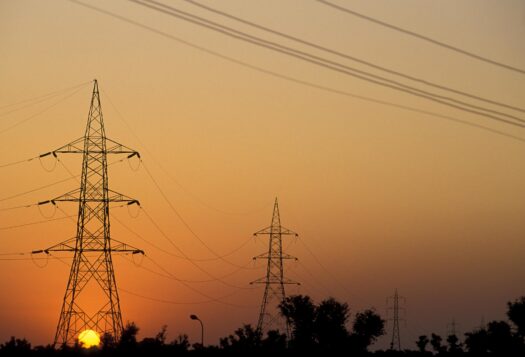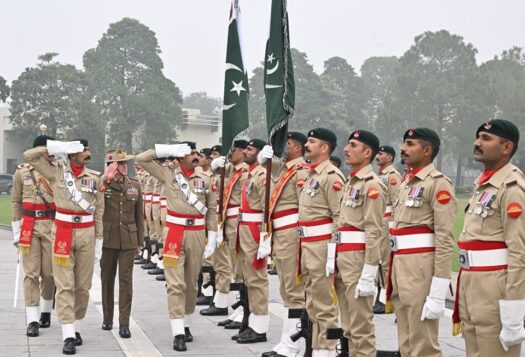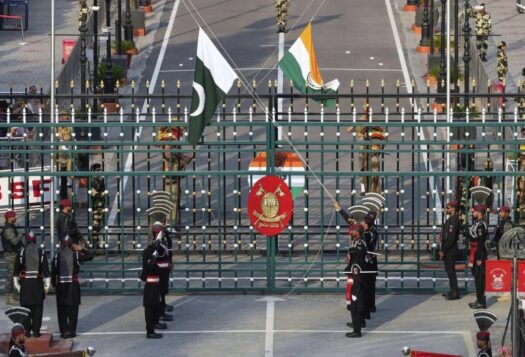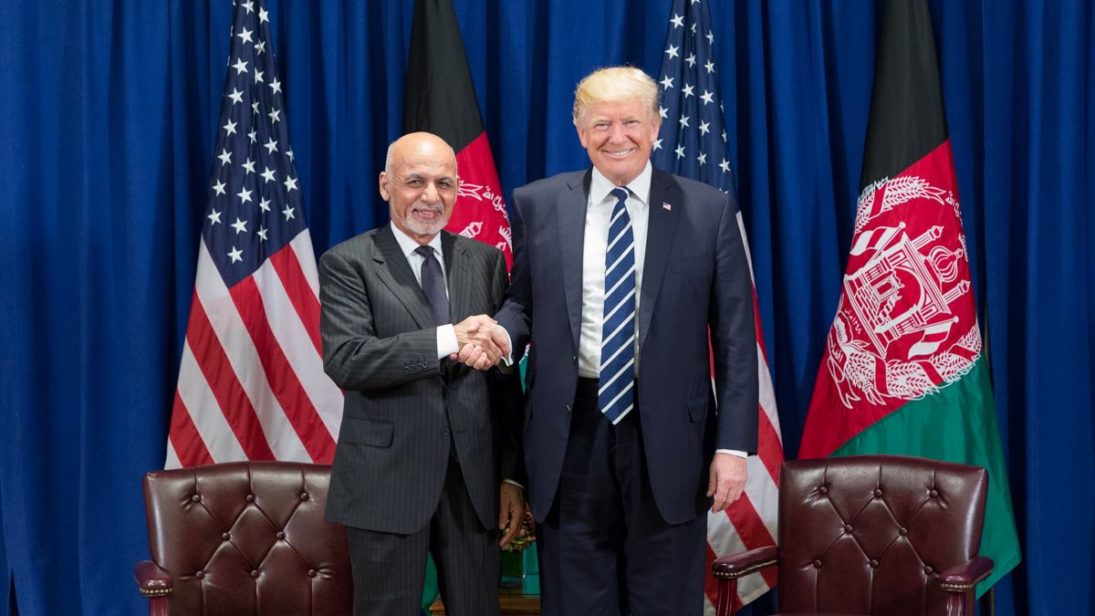
The United States appears to be off to a belligerent start in 2018. With his first tweet of the year, President Donald Trump targeted Pakistan in no uncertain terms, saying Pakistan has “given us nothing but lies & deceit.” Intriguingly enough, only a few months ago, Trump had been full of praise for Pakistan after the release of Caitlan Coleman, Joshua Boyle, and their children from the Haqqani Network. This praise was reminiscent of the moment over a year ago that Trump—then the President-elect—called the then-Pakistani Prime Minister Nawaz Sharif and told him that he would be “willing to play any role…to address and find solutions to the outstanding problems.” The bonhomie, unfortunately, did not last long.
However, with all the statements, rebuttals, accusations, and counter-accusations currently emanating from the United States and Pakistan, Afghanistan is likely to suffer most. As per the Global Peace Index, Afghanistan was the second most conflict-ridden country in the world in 2017. Notably, the outcome of this latest kerfuffle between Washington and Islamabad will greatly affect the United States’ ability to make strategic gains against the ongoing insurgency against the Taliban and the Haqqani Network in Afghanistan. Both sides are currently weighing their options. If Pakistan responds aggressively, the United States could lose vital supply routes to Afghanistan that run through Pakistan—an option Islamabad was reportedly considering earlier this week. At the same time, Washington, which has already announced the suspension of all security-related aid to Pakistan, could permanently cut off military aid to Islamabad.
What President Trump is currently trying to do with Pakistan has already been tried and tested but to no avail. President Obama went down an aggressive path with Pakistan, only to realize later that such saber-rattling severely affects America’s war efforts in Afghanistan. As a presidential candidate, Obama once stated that he might launch military strikes inside Pakistan in order to hunt down terrorists hiding therein. Later, Obama identified the northern Pakistani terrain as a safe-haven for terrorist groups. He even withheld $300 million in military aid to Pakistan. And, most importantly, President Obama ordered Operation Geronimo that killed Osama bin Laden in Pakistan.
While President Trump is walking a familiar path, he must remember that pressuring Pakistan with this bellicosity does not help America in its fight against the Haqqani Network and the Taliban in Afghanistan. U.S. and Afghan forces are already facing a difficult task in combating an insurgency that has made significant gains in the past year. Any further escalation in the insurgency will heighten the demand for military and economic resources emanating from Kabul and prolong the United States’ sixteen-year fight there. At the same time, an overt act of aggression not backed by savvy diplomacy has the potential to compel the Haqqanis even closer to Pakistan—a situation the United States is trying to reverse. Prominent analysts like Shamila N. Chaudhary, Michael Kugelman, and C. Christine Fair agree that a forceful approach, such as cutting off military aid to Pakistan, does not serve America’s strategic interests in Afghanistan.
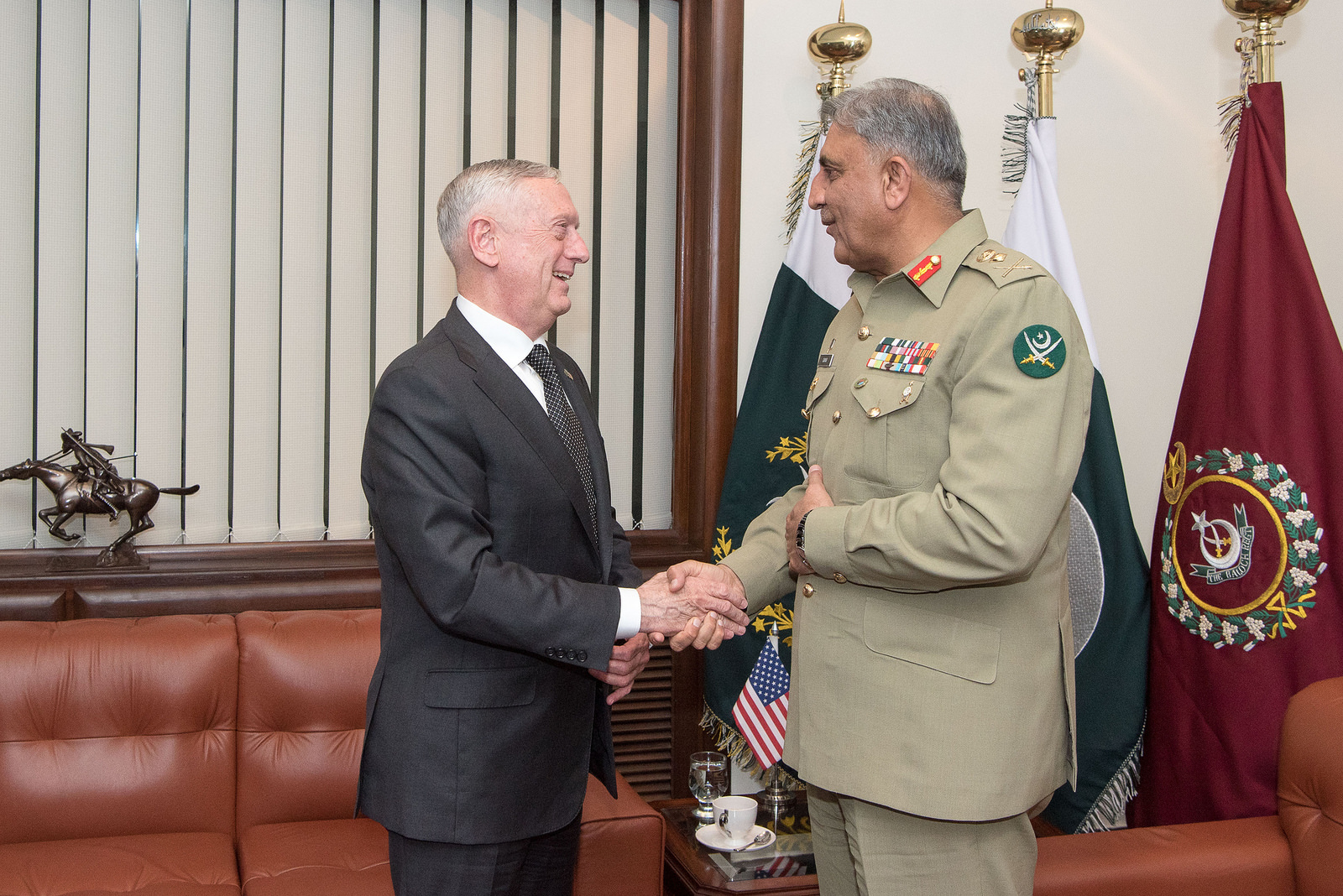
The United States’ ability to make strategic gains in Afghanistan in 2018 is dependent on two factors: first, how tactfully it decides to engage with policymakers in Islamabad on the issue of safe havens for the Haqqani Network within Pakistani territory. If the United States were to take unilateral action inside Pakistan against the Haqqani Network, Islamabad could see this betrayal as a tipping point, after which the country could shift towards openly opposing the United States and Afghanistan in their fight against the Haqqani Network and the Taliban. Fortunately, it seems policymakers in the United States are eager to ensure this scenario does not enter the realm of reality. According to a report released today by Inter-Services Public Relations (ISPR), U.S. Central Command (CENTCOM) Commander General Votel assured Pakistani Chief of Army Staff (COAS) General Bajwa earlier this week that the United States is not contemplating unilateral action within Pakistan. Still, Pakistan should have something on the table to signal that it is willing to meaningfully cooperate with the United States in the coming months. Looking ahead, however, the onus is on President Trump’s administration to prevent a total breakdown of United States-Pakistan relations by managing the trade-offs that will arise from asking Pakistan to cooperate more with the United States on counterterrorism.
Second, the China factor. Afghanistan desperately needs infrastructure development, and China is eager to provide it. Beijing is holding talks with Afghanistan on almost all issues, from economic to counterterrorism. After the recent Afghanistan-Pakistan-China trilateral meeting in Beijing, it seems likely that China is seeking to develop a partnership with Afghanistan, potentially undermining U.S. influence over Kabul in the process. Still, it is possible that the United States could benefit from a widening role for China in Afghanistan. U.S. cooperation with China on infrastructure and even counterterrorism in Afghanistan will only strengthen America’s chances of achieving decisive military gains in Afghanistan in 2018. This is an option that U.S. policymakers should weigh more seriously than they have in the past.
If the Trump administration sidelines China and permanently severs military aid to Pakistan, the United States could begin to see a more challenging situation emerge in Afghanistan. Already the Haqqani Network and the Taliban serve as major roadblocks to peace. To overcome these, the United States needs Pakistan’s cooperation on the military front. At the same time, China’s support in terms of infrastructural development in Afghanistan could significantly help U.S. forces in Afghanistan in 2018. It is now up to President Trump to make the next move.
***
Image 1: The White House via Flickr
Image 2: James N. Mattis via Flickr
